We invited artists to produce works in conversation with recent research into how public health knowledge is understood and utilised in Uganda, Kenya, Malawi and Tanzania. Focussed on helminth infections in Africa, the Localised Evidence and Decision-Making project addresses social and public health concerns across a range of issues related to health, risk and responses to disease control measures.
In our second post in the series, Wezile Harmans writes about their work portraying the way public health information in Africa is known, transmitted and remembered.
Learn about the project Localised Evidence and Decision-Making (LEAD).
My practice is influenced by research-based subjects that reveal human behaviour and the impact of knowledge in our society. I create artworks that engage with memory, displacement and love. These somewhat universal themes are dealt with in my work by highlighting the peculiarity of experiences and developing ideas durationally as a way of creating deeper conversations.
This deliberate highlighting of voices and bodies relates to the LEAD project commission, by seeking and creating empowering conversations that forge new directions in the face of various forms of marginalisation and exclusion from public and social spaces. Working on issues such as knowledge and vulnerability, the LEAD project sheds light on my vision of finding ways to introduce angles that can be relatable and meaningful to communities using art.
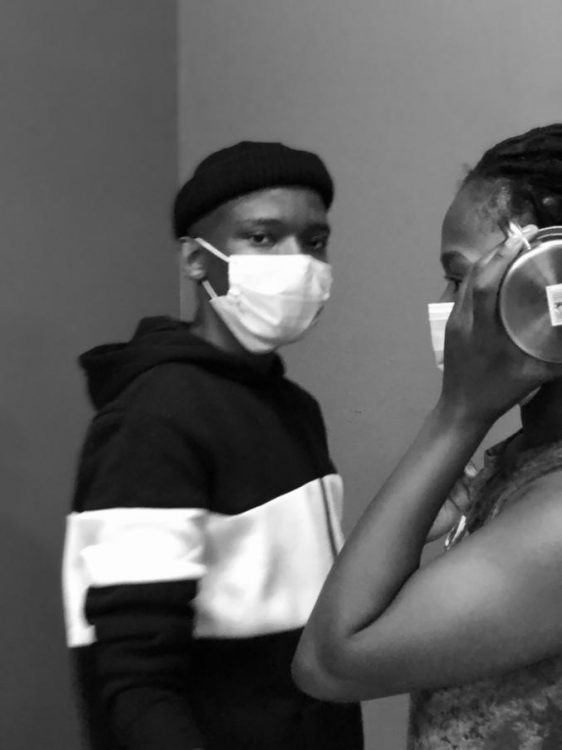
In my practice, I discovered that conversations that relate to health issues in Africa are still seen as foreign due to the culture of communication and knowledge transmission we carry. The commission and my work both coexist in using visual art as a tool for social change and interrogating the dynamics of site, place and culture.
I have developed a script on voices of health and knowledge transmission. I focus on the ideas of African cultures and orality. I am trying to develop a playfulness with the metaphor of a children’s game called ‘whispers’, where messages get passed from one person to the other, always changing. This signifies the LEAD project’s many forms of knowledge: academic, scientific, lived experiences, etc. It shows how African peoples still rely on oral messaging and how some information, promoted by public health initiatives, can be misconstrued.
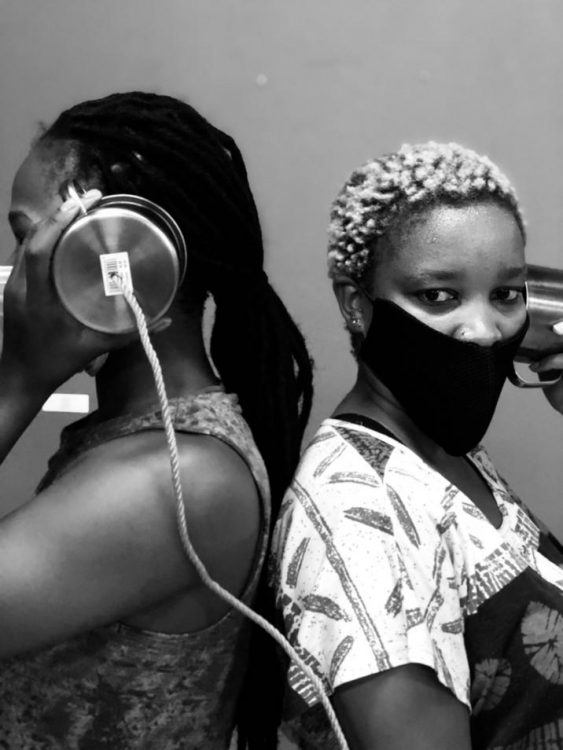
I’m working with a team of actors, voice artists and filmmakers to make a short film that reflects the ideas I am trying to express. We use natural environments for the setting, and costumes that resonate with my own practice. The film will be a window into different ways of seeing the evidence, language and embodiment of knowledge on public health issues.
I want this work to reveal the impact and value of knowledge transmission and the responsibility of carrying such knowledge. The more socially relevant the tradition and access to true information, the more likely this knowledge will be known and the longer it will be remembered. The way it is remembered is also how it is influenced. The more widely remembered the information, the further back in time it goes and the more mythical and non-specific it becomes.
Read the full series on commissioned artwork for the LSE project Localised Evidence and Decision-making.
This project is a collaboration between the Firoz Lalji Institute for Africa, SOAS and LSHTM. It is supported by the Bloomsbury SET.



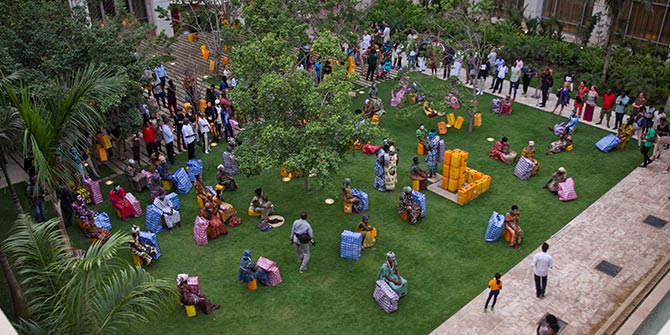
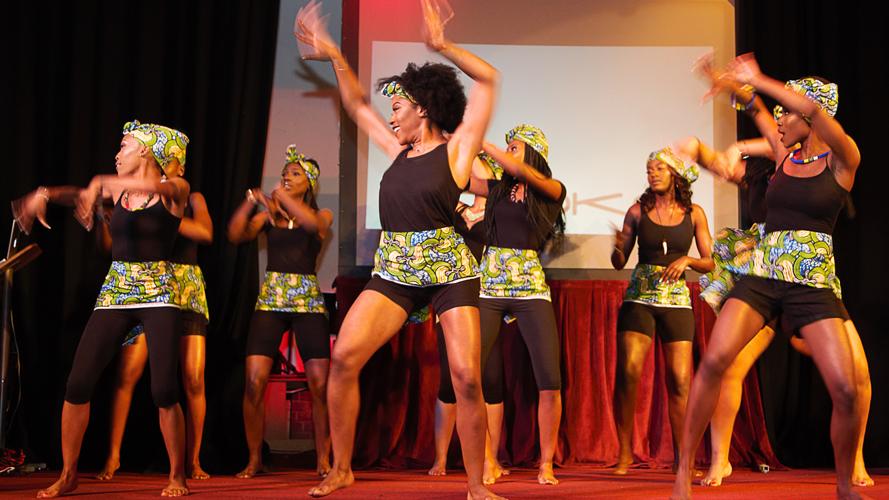
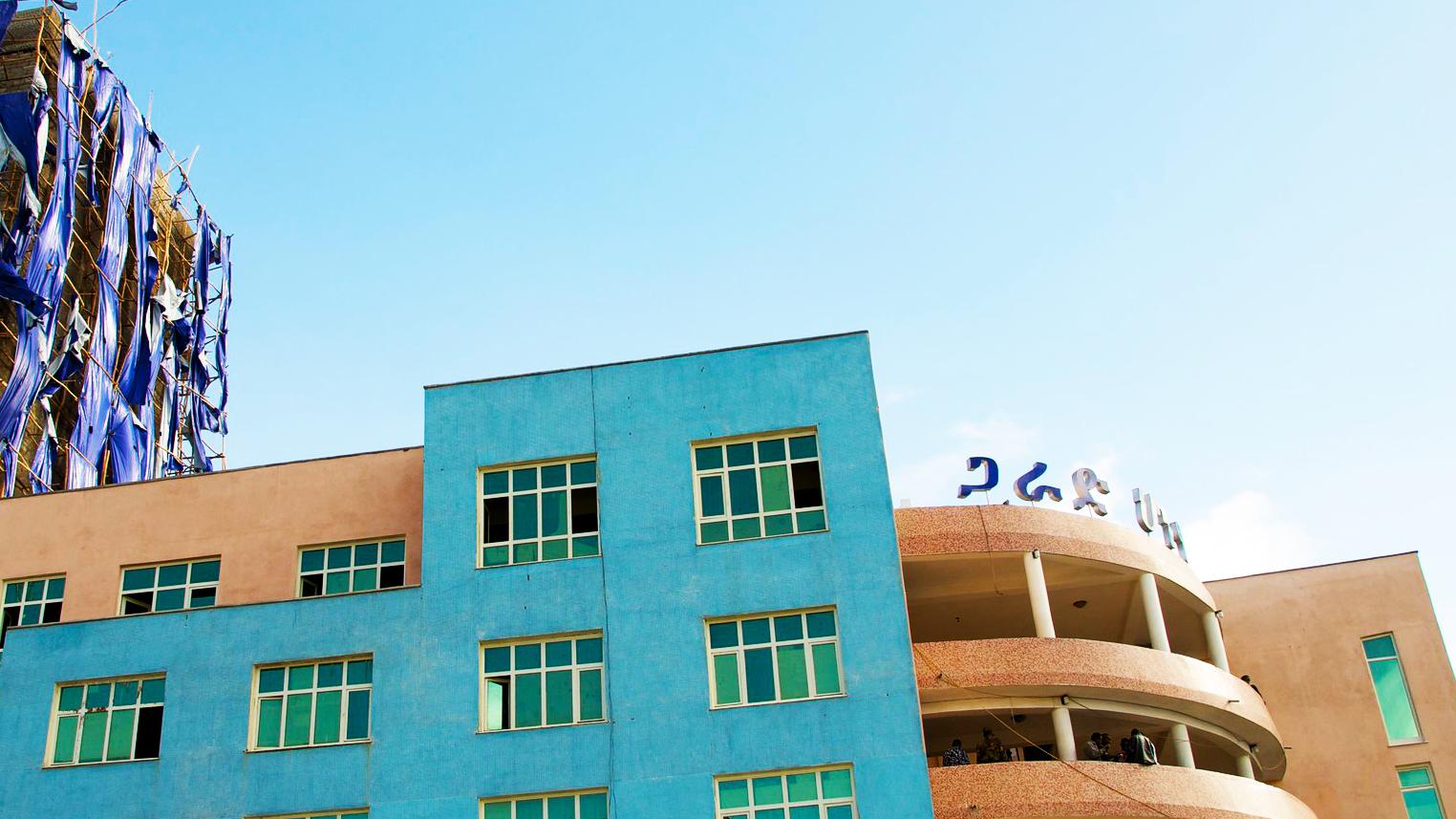
This is why the great philosopher Bob Marley meant when he said: “Emancipate yourself from mental slavery”. Look at everything we do as a people from a mainstream perspective, our system of governance, education, religion, marriage, language, judicial, etc none of these are our traditional models or remote variations of them. It might surprise some of you that there are Ghanaians born and raised in Ghana who has parents that forbid them from learning and speaking the local languages because speaking your own language is inferior and speaking English makes you smart etc.